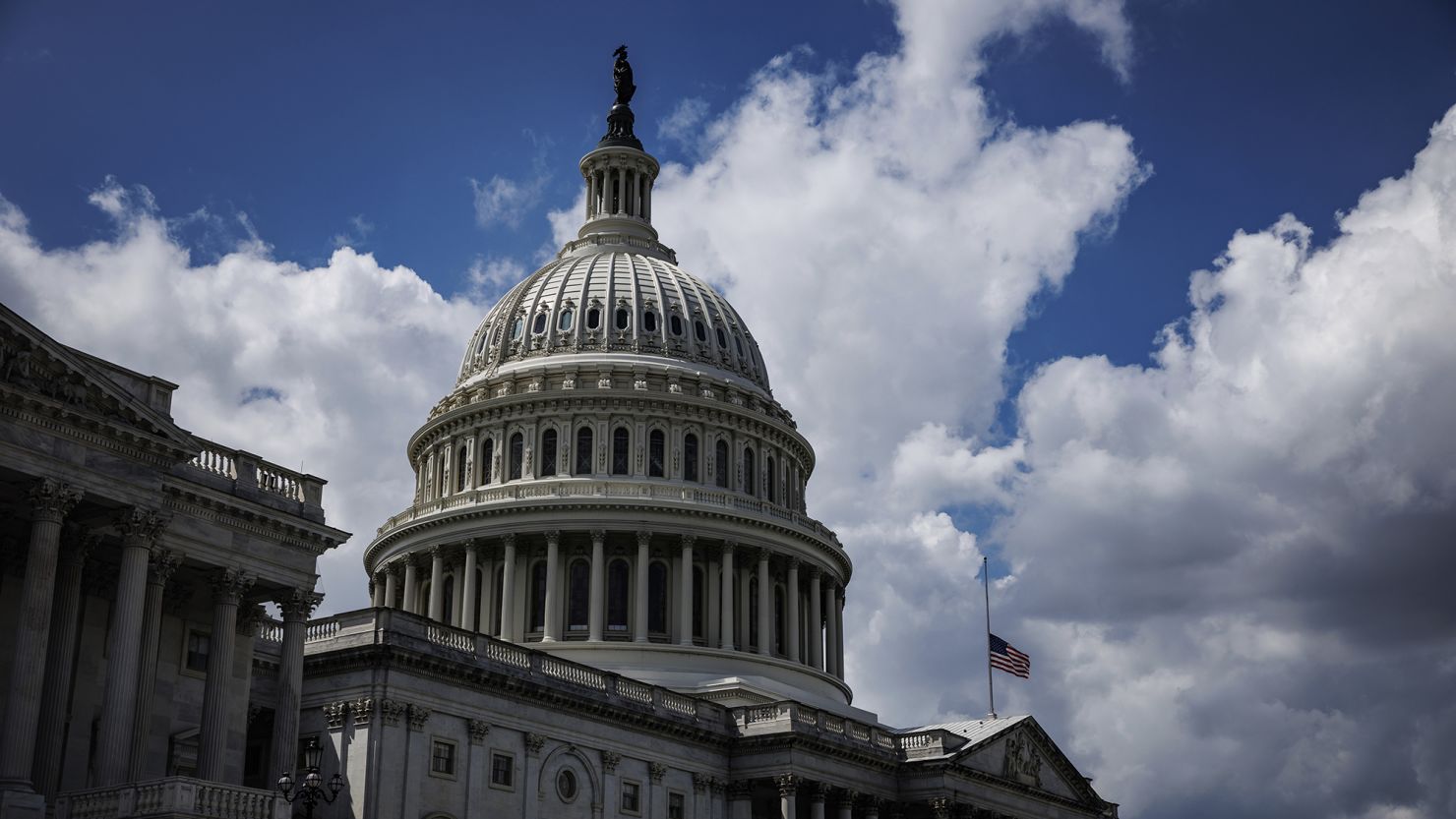The crypto industry is backing a bill called GENIUS, or “Guiding and Establishing National Innovation for US Stablecoins,” which aims to establish rules for stablecoins, a type of digital asset designed to maintain a 1-to-1 peg with traditional currencies like the US dollar. Stablecoins are not as well-known as cryptocurrencies like Bitcoin, but they are the biggest players in terms of trading volume.
What’s in the Bill?
The GENIUS bill would require stablecoins to hold reserves of safe, liquid assets like US dollars and Treasury bills, and publicly disclose those holdings monthly. It would also place some restrictions on publicly traded companies that want to issue their own stablecoins. However, critics argue that the bill is “light on consumer safeguards and limitations to corporations’ ability to issue their own stablecoins,” as noted by Eswar Prasad, a Cornell University professor of international trade.

The Concerns
One of the main concerns surrounding the bill is the potential for corruption. Democratic Sen. Elizabeth Warren and other critics have pointed out that the Trump administration’s “boosterism of crypto and light-touch approach to regulation” could lead to a lack of enforcement of safeguards. The Trump family’s crypto endeavors, including their ownership of a crypto platform called World Liberty Financial, have also raised concerns about conflicts of interest.
Another concern is that the bill could allow large tech platforms like Meta, Amazon, or Google to become the “functional equivalent of banks” without adequate regulation. Hilary Allen, a law professor at American University, warns that this could lead to a “car crash in slow motion” and create ‘too big to fail’ financial institutions.
The Risks
The bill’s proponents argue that stablecoins are safe as long as they have 100% cash reserves backing them. However, Allen notes that this assumption is “ridiculously optimistic” and that money-market mutual funds, which are similar in structure, have experienced runs in the past. In fact, the government had to bail out a stablecoin when Silicon Valley Bank failed in 2023.
Conclusion
The GENIUS bill has sparked a heated debate about the regulation of stablecoins and the potential risks associated with them. While the bill aims to provide clarity on the rules of the road for stablecoins, critics argue that it could lead to corruption and create financial institutions that are ‘too big to fail.’ As the crypto industry continues to evolve, it’s essential to carefully consider the potential consequences of this legislation.


